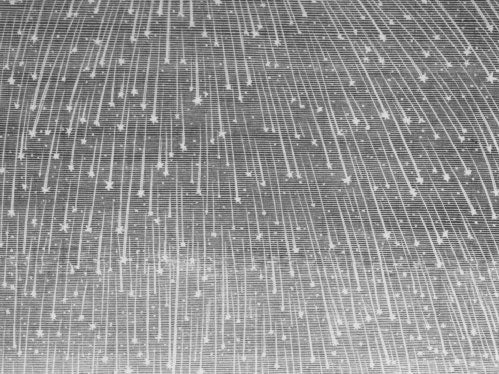Leonid meteor shower the light up the sky as shooting stars visible across the UK
Bright flashes appear when small space rocks collide with the Earth's atmosphere

Your support helps us to tell the story
From reproductive rights to climate change to Big Tech, The Independent is on the ground when the story is developing. Whether it's investigating the financials of Elon Musk's pro-Trump PAC or producing our latest documentary, 'The A Word', which shines a light on the American women fighting for reproductive rights, we know how important it is to parse out the facts from the messaging.
At such a critical moment in US history, we need reporters on the ground. Your donation allows us to keep sending journalists to speak to both sides of the story.
The Independent is trusted by Americans across the entire political spectrum. And unlike many other quality news outlets, we choose not to lock Americans out of our reporting and analysis with paywalls. We believe quality journalism should be available to everyone, paid for by those who can afford it.
Your support makes all the difference.The Leonid meteor shower is about to light up the sky above the UK and elsewhere.
The spectacular should be visible over the weekend, as small space rocks collide with the Earth's atmosphere and light up into shooting stars.
But it could be spoiled, at least in the early hours of Saturday morning, by clouds that will clog up the sky and block out the view.
Either side of that there should be an opportunity to see the spectacular, however.
The meteor shower occurs when meteoroids, small rocks, fall towards the Earth after breaking off from the Comet Tempel-Tuttle.
These burn up and vaporise before they hit the Earth's surface - causing a streak of hot air which we see as a shooting star.
Displays are better when the Tempel-Tuttle comet, which takes 33 years to orbit the sun, is closer to the Earth, an occurrence which is next due in about 15 years' time.
Dr John Mason, from the British Astronomical Association, said: "If you are in the countryside you may see a few meteors, if it is the town or city, you may not see any at all."
This particular celestial event is called the Leonids because it appears to come from the Leo star constellation.
Meteor spotters should watch from a vantage point with as little light pollution as possible and allow time for their eyes to adjust to the dark.
Dr Mason said a much more spectacular display is due over the UK with the Geminids meteor shower due on 13 December.
Additional reporting by agencies. This article was originally published in 2018
Join our commenting forum
Join thought-provoking conversations, follow other Independent readers and see their replies
Comments